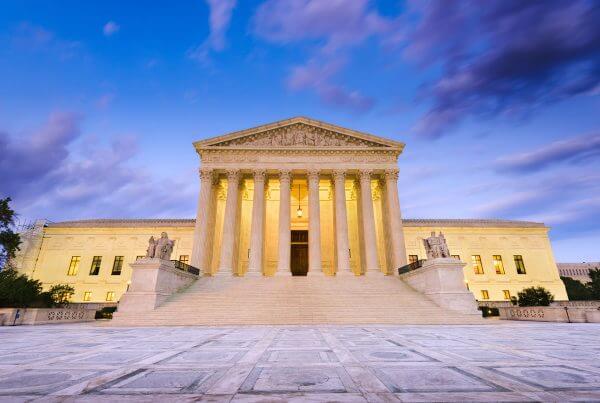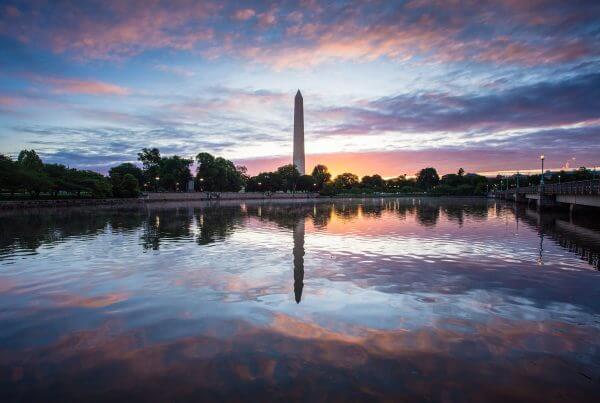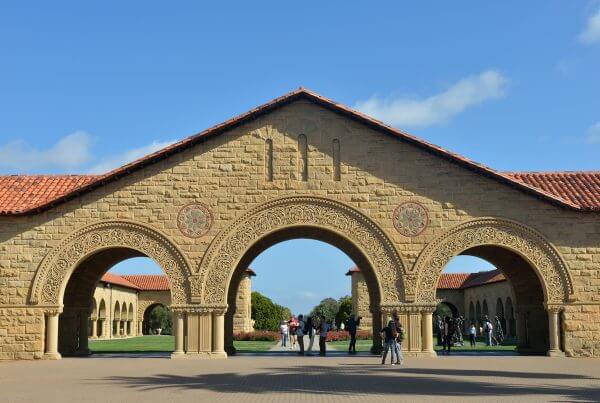Key Points
- The Biden administration will no longer defend the Trump administration’s 2019 public charge rule
- The US Supreme Court has dismissed the public charge appeal, and the rule is no longer before the court
- The administration’s request follows an executive order directing DHS to review the rule
- The public charge rule has been extensively litigated since its implementation
- The 7th Circuit Court of Appeals has dismissed the public charge appeal case
- Several jurisdictions have also sided with the Biden administration’s request to have the cases dismissed
- The Department of Homeland Security issued a statement clarifying that the 2019 public charge rule is no longer in effect
- USCIS is yet to issue a statement concerning these changes
Overview
On March 8, 2021, the Biden administration announced that it will no longer defend the public charge rule, implemented by the Trump administration, against forthcoming legal challenges.
What are the Changes?
The Biden administration asked the US Supreme Court to dismiss upcoming cases challenging the public charge rule. The Supreme Court has dismissed the public charge appeal as a result of the administration’s request and its joint stipulation to dismiss. The 7th Circuit Court of Appeals also dismissed the public charge appeal case of Cook County, Illinois and Illinois Coalition for Immigrant and Refugee Rights v. Chad F. Wolf, et al. The court issued a mandate to legally settle the matter.
The request follows an executive order issued by the administration in February 2021 that mandates review of the public charge rule by the Department of Homeland Security (DHS). Several jurisdictions, including New York State, have sided with the administration that the cases should be dismissed.
The Department of Homeland Security issued a statement clarifying that with the dismissal of the 7th Circuit case, the final judgment from the Northern District of Illinois vacating the 2019 public charge rule is now in effect.
Case processing requirements may change as a result of the Biden administration’s actions. Additionally, judgements enjoining and setting aside the public charge rule will become law without any further developments.
Background
The public charge rule has been heavily litigated since its implementation in 2019 by President Trump. The rule defines a “public charge” as a foreign national who has received one or more federal benefits for more than 12 months in a 36-month period, including healthcare, food stamps and housing. An individual’s use of government benefits, or anticipated use of federal assistance, is used to determine his or her admissibility into the US.
Looking Ahead
USCIS may soon issue a statement concerning the changes.






